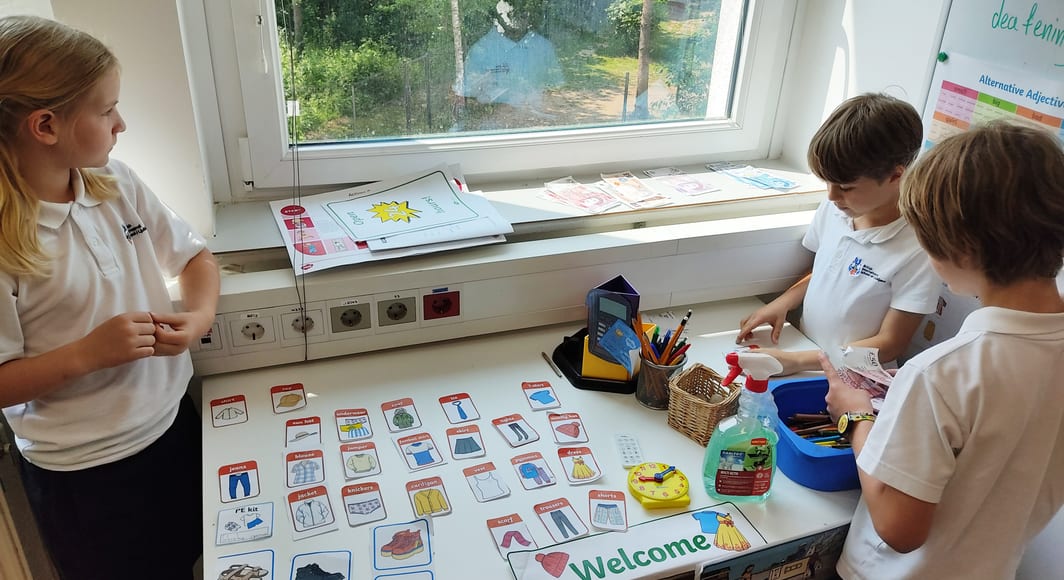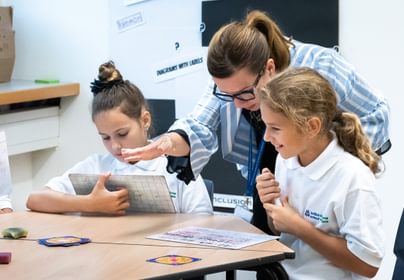As we celebrate student success across the school heading into the final weeks of the academic year, let us examine the link between English proficiency and academic results.
As discussed in our previous articles about EAL Provision and Curriculum at our school, the English proficiency of students is of paramount importance when examining our outstanding assessment results.
BSO PentaInspection ReportThe EAL team provides a high level of support that has a consistent focus on improving achievements for all students. The strong leadership of this team ensures excellent impact.
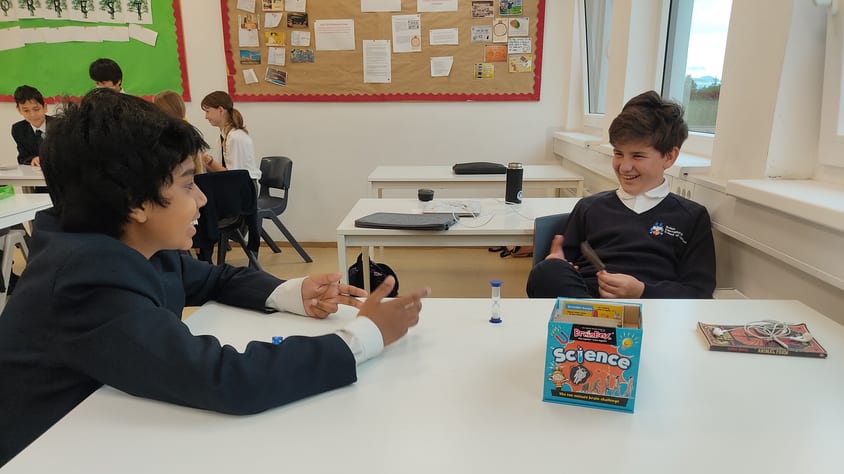
Although students who are new to English are significantly hindered in the language-dominant subjects at first, their attainment in all subjects increases linearly with their English proficiency. This indicates the strong link between fluency in the English language and the overall outcome of a student's wholescale education. (Strand and Hessel 2018)
Our EAL programme is crucial for the development of the students throughout their primary and secondary experience, leading up to their IGCSE and A Level examinations. Developing academic language, understanding key terminology and being able to write in a concise and accurate manner are all skills which are taught in the classroom but greatly assisted by our EAL programme. Our outstanding examination results are testament to the hard work that goes into the progress of each student who comes to us requiring additional support in English.
Language teachers often get asked the same question about how long it takes to learn a new language. Even though there is no obvious answer to this question, as it greatly depends on the individual's aptitude and attitude, some researchers have dealt with this question in particular.
Jim Cummins, a researcher from the University in Toronto, argues that we should look at the language in two parts (Cummins 2008). First is the superficial spoken language that we need for communicating our everyday needs. This conversational language can usually reach peer-appropriate levels within two years of exposure. The second is the academic aspect of the language, and it usually takes a period of 5-7 years to attain the educational English necessary to fully access the National Curriculum. (Demie and Stran 2006) Research shows that such students, who are not yet competent or fluent in the academic English language, will require support if they are to reach their full academic potential in mainstream education.
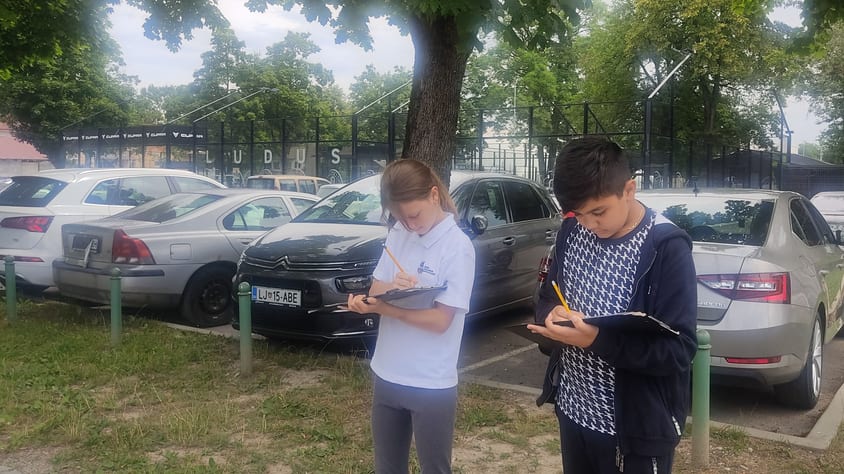
ALFRIAccreditation ReportThe leadership team ensure that the students achieve well through effective assessment, quality assurance, follow-through of implementation and evaluation.
Our exemplary EAL Provision at BISL aims to do just that, and our results from previous years support our claims. As we've discussed in one of our previous articles about EAL Assessment and the induction process at our school, all of our students take a standardised Progress Test in English and Mathematics (PTE / PTM) each year in Years 2-9 and our older students take external IGCSE and A Level examinations. PTE and PTM assessments help us track the progress of individual students throughout Primary and all the way up to IGCSE. They mostly show us if the students are making expected progress or if their progress is higher or lower compared to the previous years. We are still awaiting data from our Secondary PTE results, but are expecting a similar positive trend in terms of student progress.
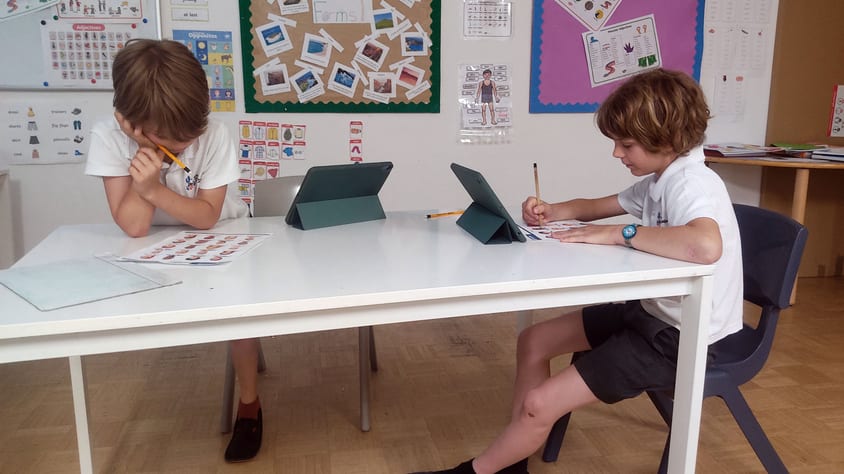
As an international school, more than 90% of our students are considered EAL. This makes our outstanding results from the past year both in IGCSE & A Level, as well as our PTE and PTM results even more extraordinary. Quite a few students who are now achieving outstanding results in our IGCSE and A-Levels were once a part of our Exemplary EAL Programme.
Our examination of results from the past years shows that a high percentage of students receiving EAL support achieve higher than expected results in the PTE tests. This trend has continued this year too, with 89% of Primary students in the EAL Programme achieving at least expected progress, and with 63% achieving higher or much higher than expected progress.
Moreover, five students who started out with no English, or were in the 'early acquisition stage', obtained the PTE results above the national average. This is a huge achievement, as the standardised data is compared to the native speakers of the English language in the UK.
Pupils using EAL achieve outstanding results, well above the UK average.
We are extremely proud of our exemplary EAL students and their outstanding achievements, and look forward to all their future endeavours.

